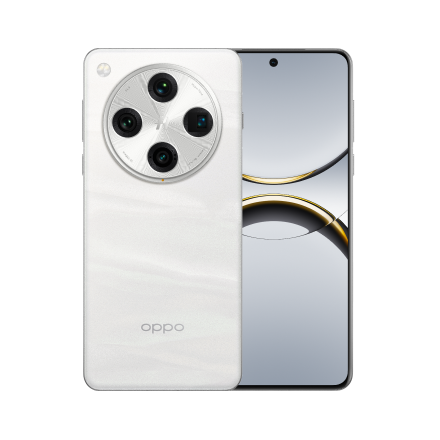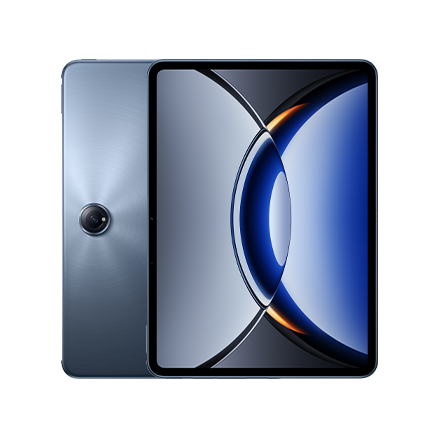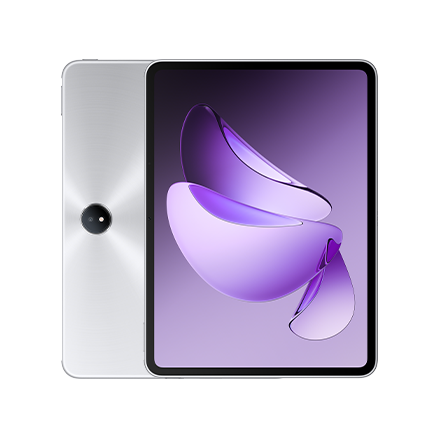
OPPO is proud to collaborate with London’s Royal College of Art to explore ways to humanize technology in a world where we are increasingly more interconnected with, and dependent on machines. Masters of Arts students in the RCA’s Design Products program focused on the theme of humanizing technology during their globally acclaimed graduate show, RCA2020.


Above: A coffee machine concept for co-living spaces that reduces e-waste and encourages sustainable living, by Sude Edebali.
OPPO’s London Design Center works with partners such as the RCA to shape the future of design in a world where we place an immense value on connectivity and integration. OPPO is committed to advancing design in a way that is sustainable and organically integrates with, rather than modifying, the human experience. In leading its project with RCA, OPPO’s London Design Center shared insight, case studies, and research materials with MA students to shape their RCA2020 projects, with a focus on exploring, analyzing, and questioning the human-tech interface. Designers from OPPO provided feedback and tutored RCA’s MA students during the course of their projects.

Above: Student Di Zhu’s speculative design project, envisioning the first Martian Olympics and the human race’s further planetary expansion.
OPPO’s London Design Center asked RCA students how we can make the future of technology more ‘human,’ striving with our product designs for the familiarity, comfort, and intimacy that we seek in our everyday lives. The students showcasing their work at RCA2020 answered these questions and more, revealing a vision of design as a mediating factor, and celebrating technology while embracing what it means to be human.
We at OPPO would like to highlight three outstanding projects that embody the theme of humanizing technology. Those projects, respectively, are: Duo and Fenics, each by Roc H. Biel; and, Animate, by Matthieu Mueller.
Duo - Roc H. Biel: A New Modular Smartphone/Tablet Hybrid
The concept behind Duo by Roc H. Biel is to separate a phone into modules based on our human needs. In the future, as voice assistant technologies become stronger, we won’t require persistent visual feedback for many functions. With Duo, Biel asks why not leave the screen apart from our phone when we don’t need it? This reduces the intrusiveness of contemporary smartphone handsets, which we often struggle to operate with one hand, or clip awkwardly to our belts due to their size. Duo’s core is a small, ergonomically friendly electronic unit, which can be detached by itself, or paired with smartphone-sized or tablet-sized screens.


The modularity of Duo’s design allows for more natural human ergonomics, increases sustainability, and makes data management a breeze, as the core device moves between screens (rather than the user changing devices several times during a given day). Duo’s core electronics unit can also go along by itself, pairing with wireless headphones and clipping easily to a belt, or slipping into a pocket, allowing users to stay connected without requiring screen time. Fostering sustainability and decreasing reliance on screen time and device switching are part and parcel to OPPO’s exploration of what it means to humanize technology. Duo is recognized as it provides us a less intrusive, and more versatile way to stay connected.


Fenics - Roc H. Biel: A 3D Remote Controller for the Future
Fenics is a concept device controller that seeks to break the link between buttons and functions, providing users with an intuitive, ergonomic control experience. Theorized use cases for Fenics include drone control and gaming, replacing traditionally restrictive controllers with an ergonomically friendly, highly customizable experience.

Fenics uses haptic sensors and TacHammer haptic feedback technology to allow users customizable ‘gestures’ and gesture sequences which can be used to control drone functions or to perform actions in their favorite video games. The user’s fingers sit on top of four haptic sensors that can be personalized in several ways including timing between ‘clicks,’ giving users a personally integrated, immersive tech experience. Fenics’ thumb joystick brings

a third dimension of control, and allows users to comfortably and easily direct the flight of their favorite drone or move around in-game. Biel’s design embodies the humanization of technology, allowing users to control their tech with unprecedented physical ease, and providing a more intimate and organic control experience and tech interface.

Animate - Matthieu Mueller
Animate is a kit designed to inspire children’s imaginations with respect to technology and to introduce technology as a creative tool. Animate is designed for children between the ages of 6 and 10, and allows kids to animate their own cardboard creations.


Animate consists of several elements: 8 electronic components including a battery, a vibrating component, a buzzer, an ultrasonic sensor, two DC motors, and two LED lights. A safety blade is included to cut cardboard easily in order to house the components within kids’ designs. A set of connectors attaches the components to their cardboard housing. Three sets of cables are also included to connect the components to the battery.

The components contained in the Animate kit are oversized and come in distinctive shapes and colors, making electronics and systems design more fun and accessible to children. Animate was designed to allow children total freedom, but also includes tools and a methodology booklet to inspire kids to develop their creative potential, free of any rules or other constraints.


As technology increasingly replaces the need for human labor, intrinsically human traits like creativity will become the focal point of human input in the working world. Animate gives children the opportunity to use technology in an intuitive and playful way that lets their human creativity take center stage. Turning technology and product design into a game lowers the barrier for kids to enter a design mindset, and Animate encourages them to interact with technology in a healthy and sustainable way, animating recycled materials to create a nearly unlimited amount of play objects. Fostering human creativity and connectivity in the 21st century is what OPPO strives for. The Animate kit developed by RCA student Matthieu Miller along with OPPO’s London Design Center perfectly encapsulates the theme of humanizing technology, and realizes this theme in a way that brings young people into a fun and playful relationship with tech and design.




















